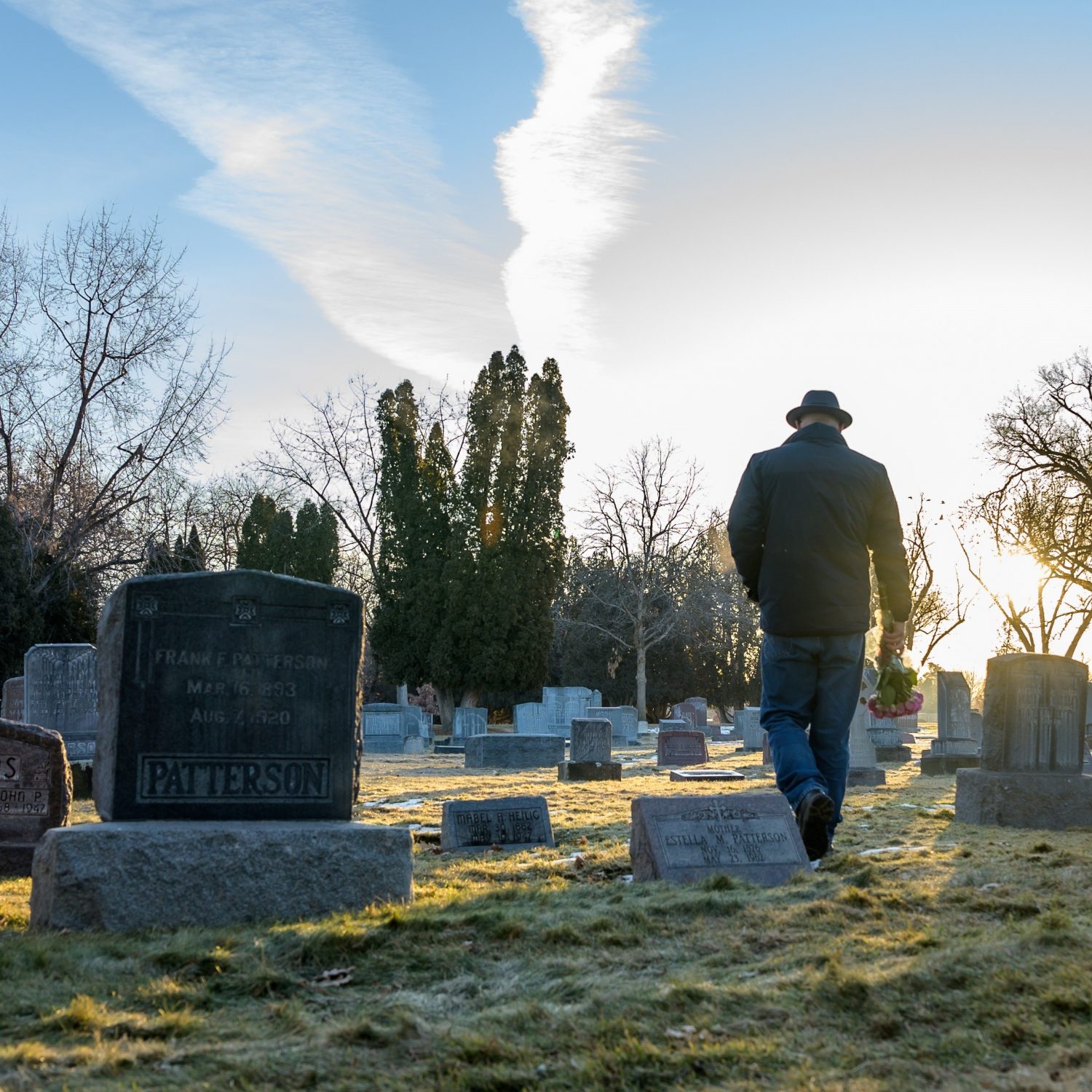Four minute read
As part two of our series tackling funeral poverty, we’ll look at your rights when it comes to public health funerals — previously known as pauper’s funerals. We’ve spoken to Lindesay Mace from Quaker Social Action’s Down to Earth, a charity that supports people struggling with funeral costs.
How much control do you have as a friend or family member over what a public health funeral looks like and how it's going to be run?
It varies hugely and is something of a postcode lottery. In some places, you’ll be able to agree on the date of the funeral. The time is always likely to be early in the morning because those are the cheaper and less sought after slots.
You may be able to speak to the minister or celebrant so they can make the service feel more personal. You might be able to choose music or a reading and say some words. It’s also possible that you won’t be able to do any of those things.
Do families always get to attend the burial or take home the ashes?
No. Royal London carried out a Freedom of Information exercise about public health funerals. Although not all local councils responded, the results suggest that while most do allow you to attend, some don't.
Some local authorities carry out direct cremations with no attendees. Some also won't release the ashes or will do but only after you've paid them — the amount will vary, but I’ve heard that it’s about £50.
Can you challenge a local authority's decision about what a public health funeral is going to look like? For example, if you want someone to be buried but the council has proposed a cremation.
You can certainly try. We would always encourage people to [push back] about burial versus or cremation, not being allowed to attend or the council charging for the ashes. But the only one of those areas that’s covered by law is cremation and burial.
The council isn’t supposed to cremate someone if they have reason to believe that’s not what the person wanted. But what that means in practice can be a grey area because what constitutes ‘reason to believe’?
Right now, the law only says that the council has to cremate or bury the body, not that there has to be a funeral. So when it comes to the actual funeral, there isn't really anything available in terms of legal recourse.
We believe there should be national minimum standards for public health funerals which should cover what's included in the funeral, like the return of ashes.
Local authorities can recover the costs of a public health funeral from a person's estate. If you're a friend or family member, are you likely to be involved in this?
It is likely to involve you. The council will have the right to access the property of the person who died, which could be your property as well. In accessing the property, they're looking for paperwork that would indicate whether the person had an estate, like insurance or savings.
They might ask to view bank statements of the person who's died — and the estate effectively becomes controlled by the local authority.
When the family just couldn’t afford a funeral, it's very unlikely that there's going to be an estate. Because if there was one, the family would have used it to cover the funeral costs. But if the person dies and they hadn’t been in contact with their family, there could be money in the estate.
In that case, the council doesn't go, 'oh, there's £3000 in the bank account, the funeral is going to cost £1500, we'll just take the £1500 and leave the rest for any remaining family’. They take control of all of the money, and you would have to go through a legal process to claim it back.
What rights, if any, do you have throughout this whole process?
The law says the council has to take responsibility to carry out the funeral if no one else is willing or able to. That means that you have the right to ask for a public health funeral.
You also have the right for the council to seriously consider whether or not someone wanted to be cremated. In terms of rights, that's probably it.
What can you do to help a public health funeral feel more personal and meaningful?
It depends on what the council will let you do. It may be that some things are available, but they're not readily advertised. Sometimes describing public health funerals in the most basic possible terms is a way of discouraging people. So try to ask if you can have contact with a minister or celebrant. You can also ask about choosing music or a reading.
But I have seen funerals where you can attend but the council won’t allow any music or eulogies. In that case, you could do something like ask everyone to wear clothing with a person’s favourite colour. There's also nothing to stop you saying some words amongst yourselves outside the chapel.
I think we are quite tied to the conventions of a funeral, but that's not the only way it can be. Whether it's in a café or pub, you can still take the opportunity to share stories and remember that person.
If you need help planning a public health funeral, phone the Down to Earth helpline at 020 8983 5055 or read one of their brilliant guides.
Don’t miss part one of our guide to public health funerals or discover more ways to help pay for a funeral.
To stay in touch with all the latest news and updates from Poppy's by email, sign up here or contact us if you need help planning a funeral.
(All information correct as of July 2020)
